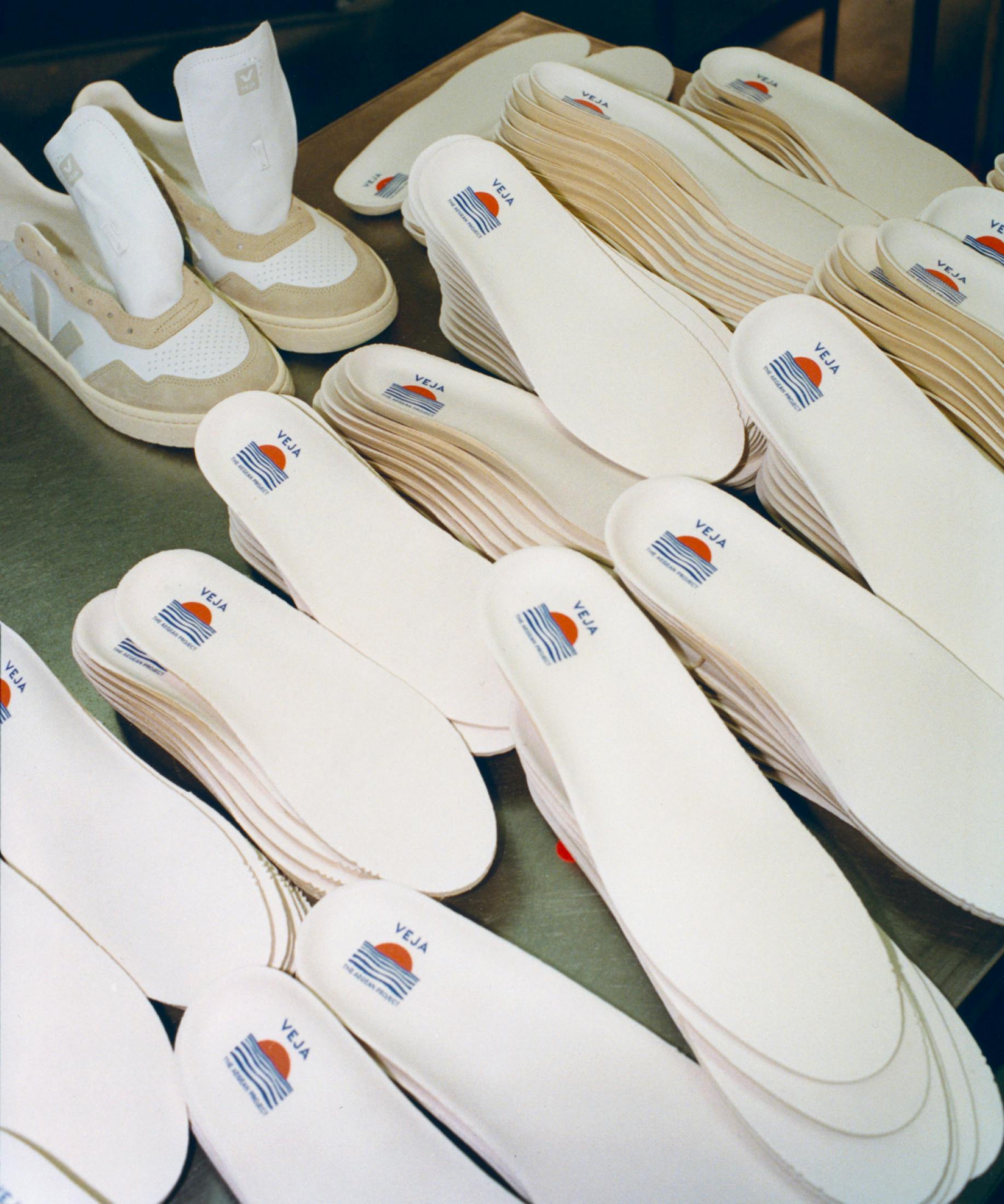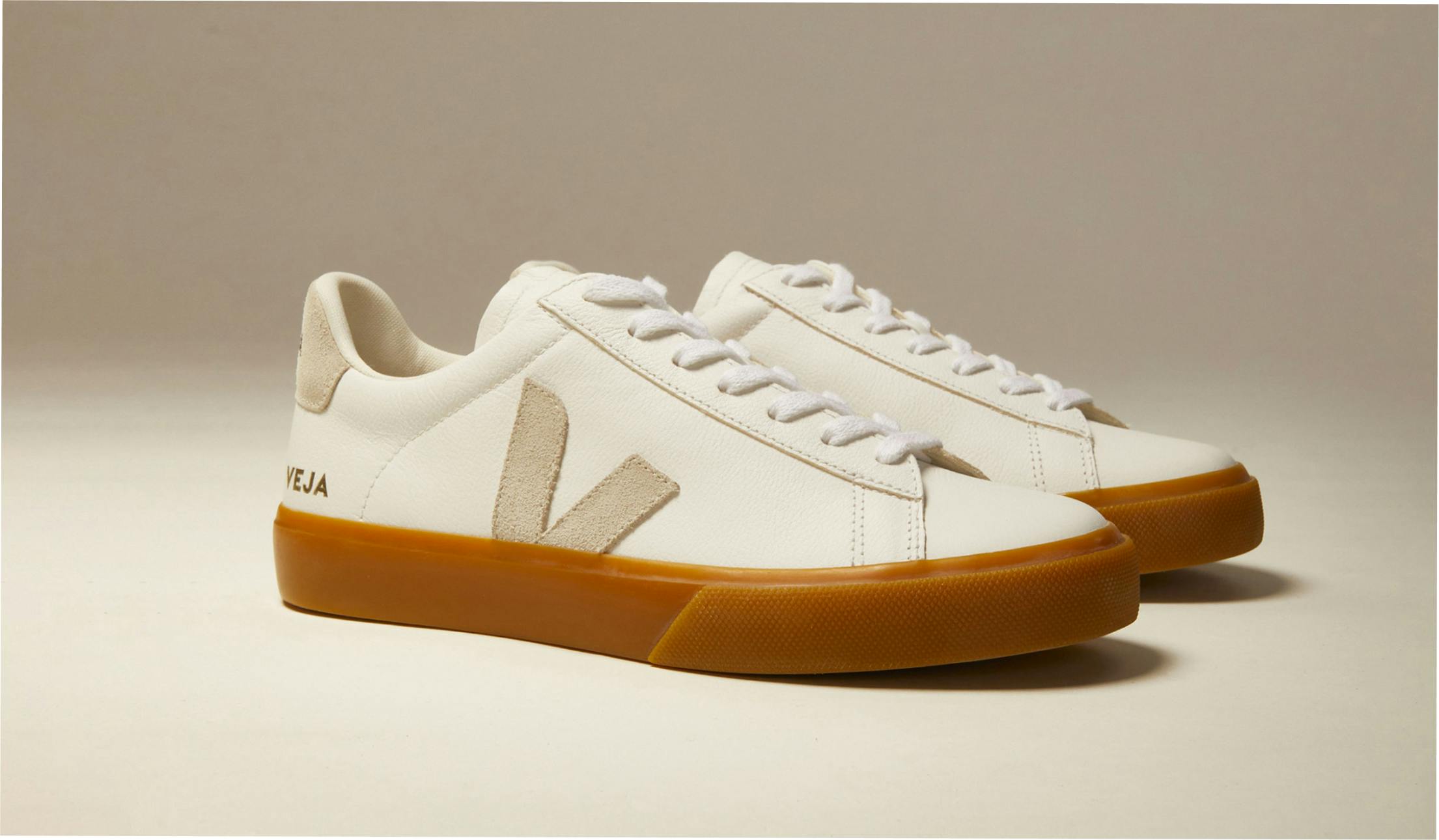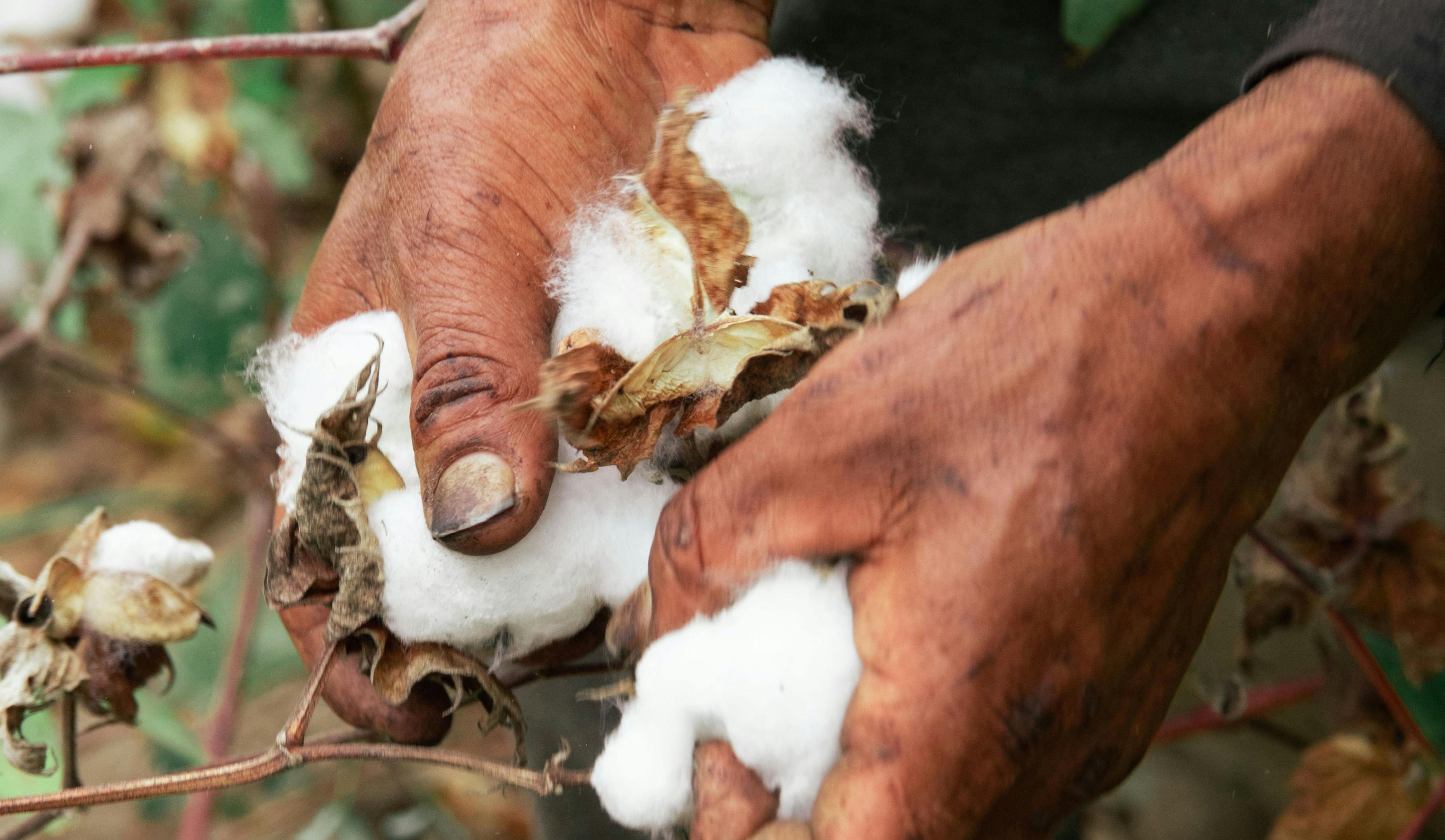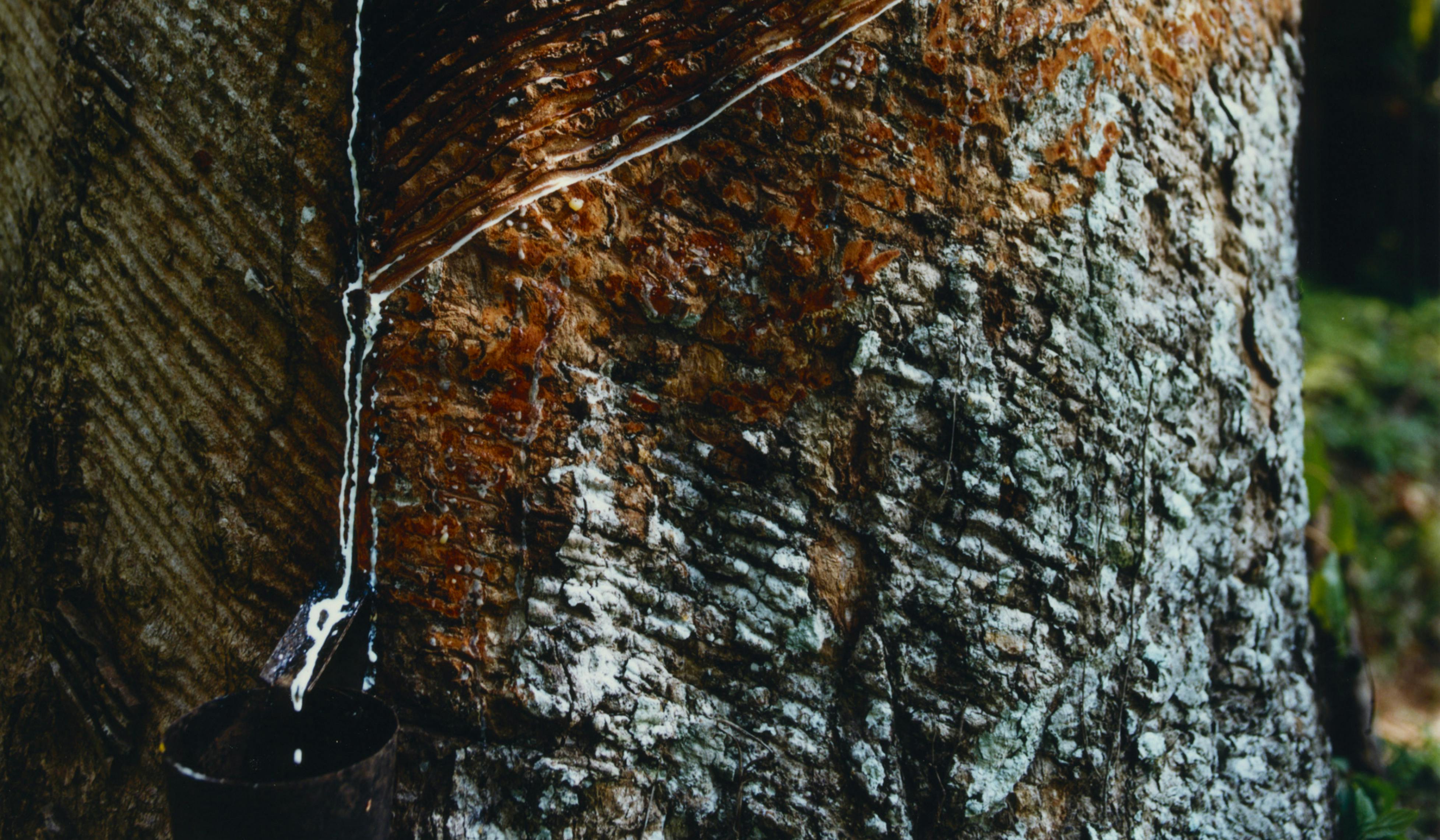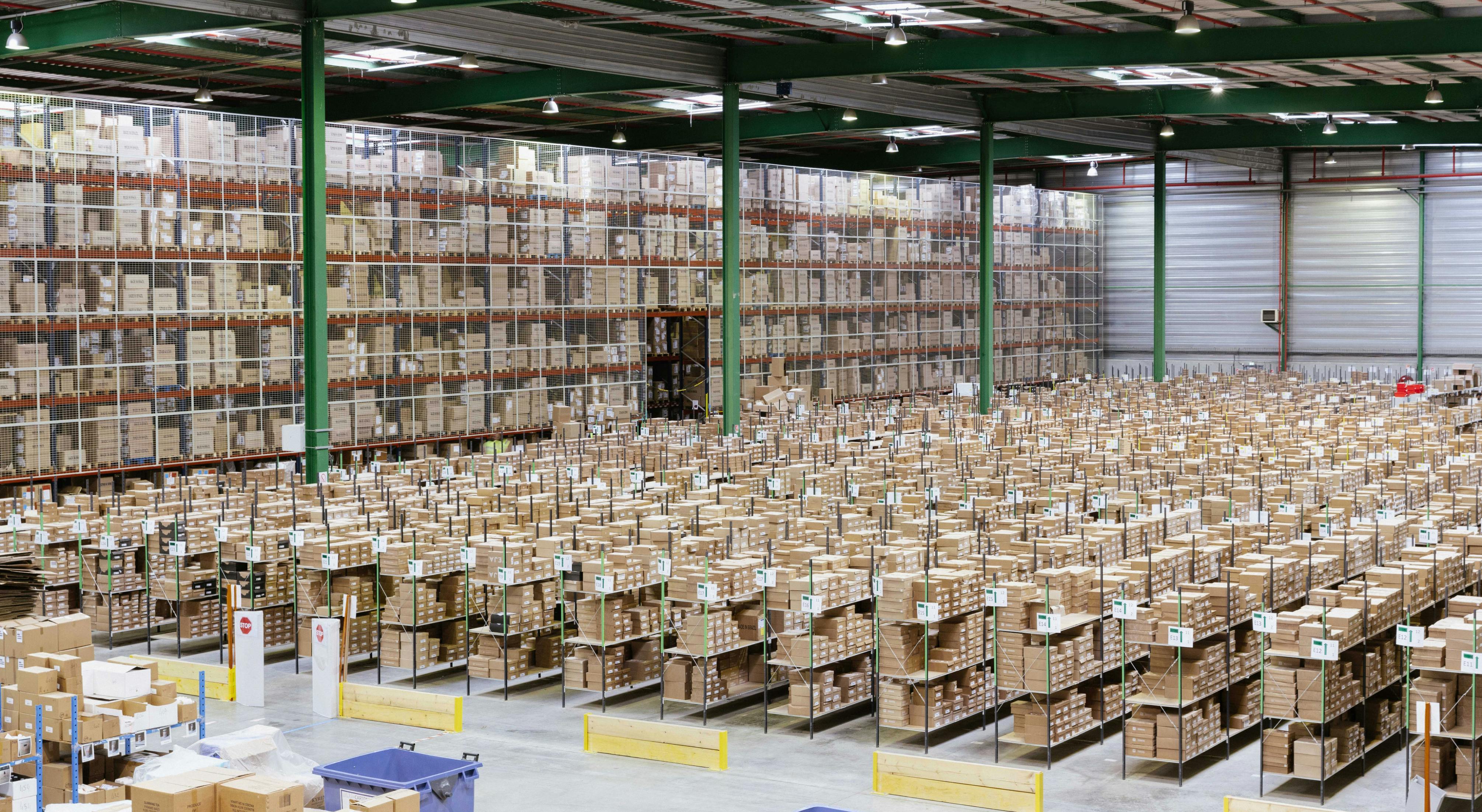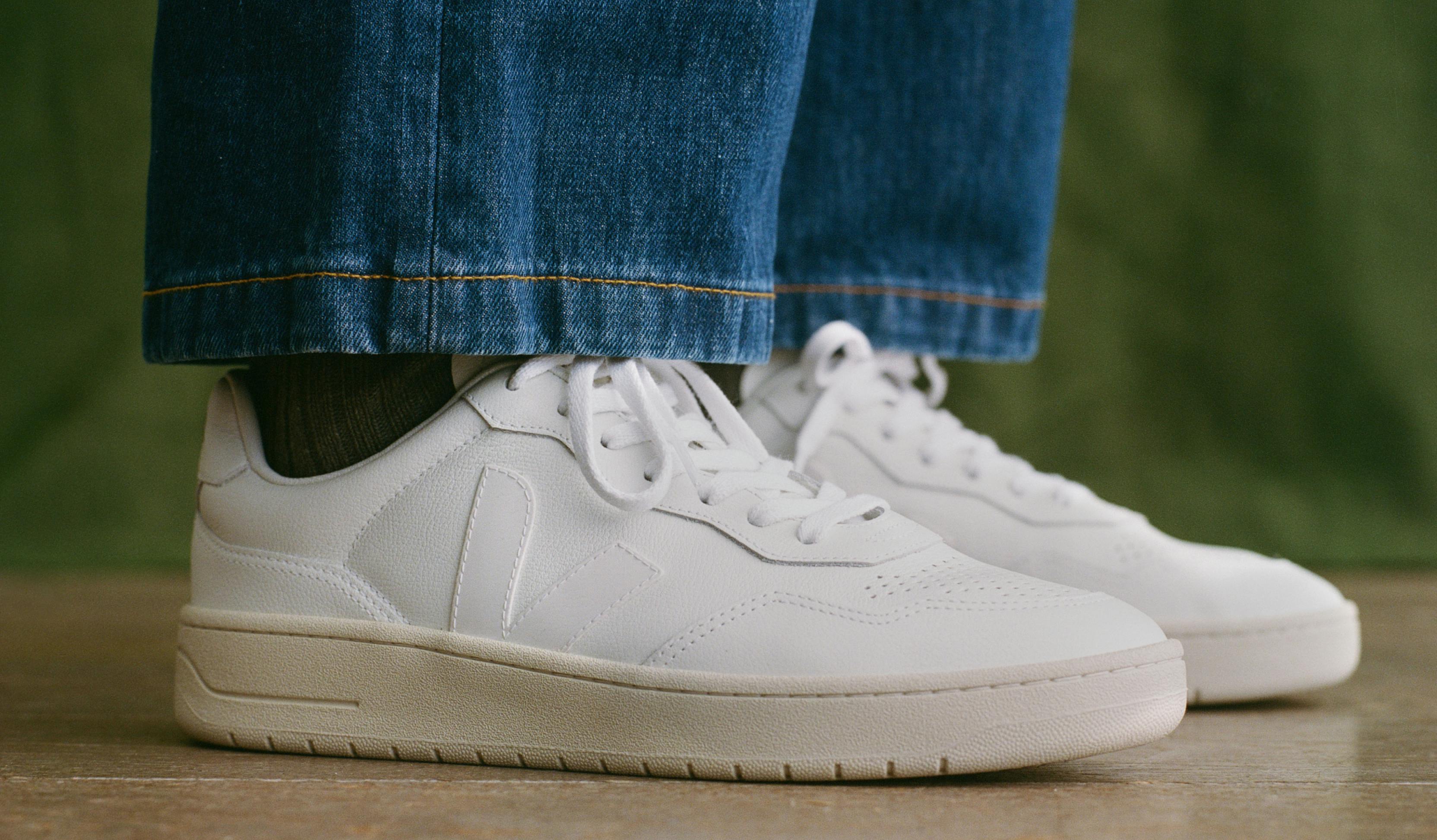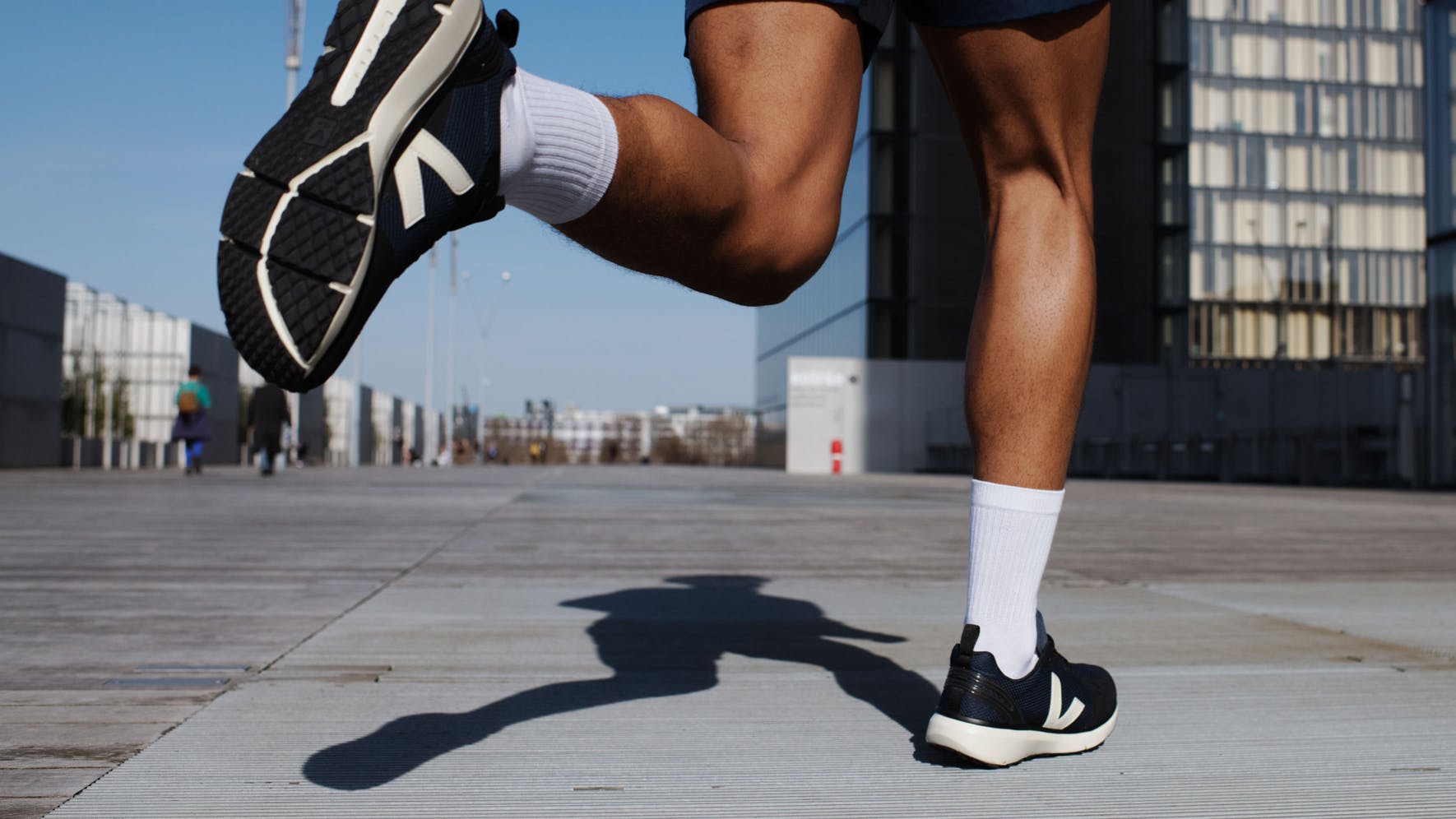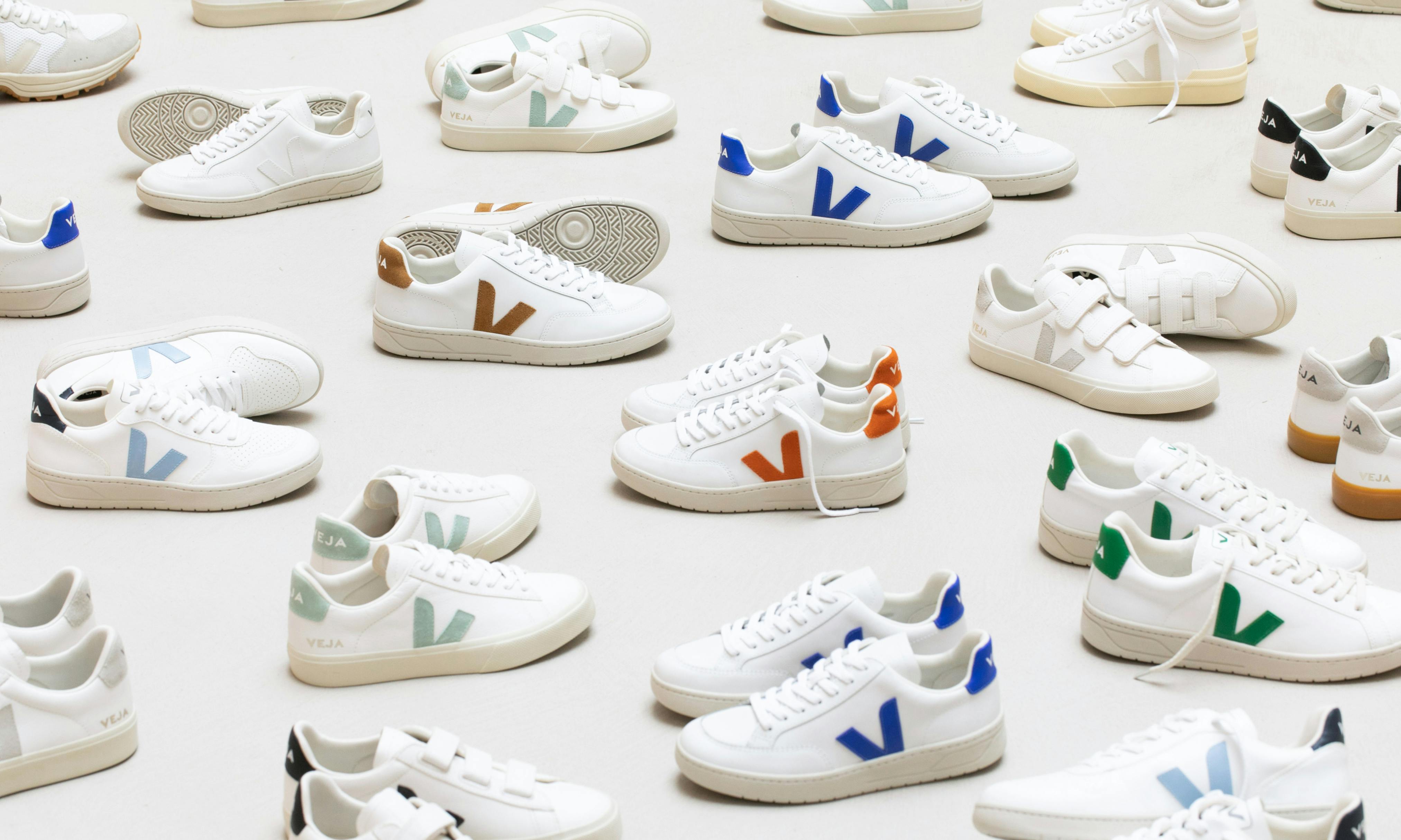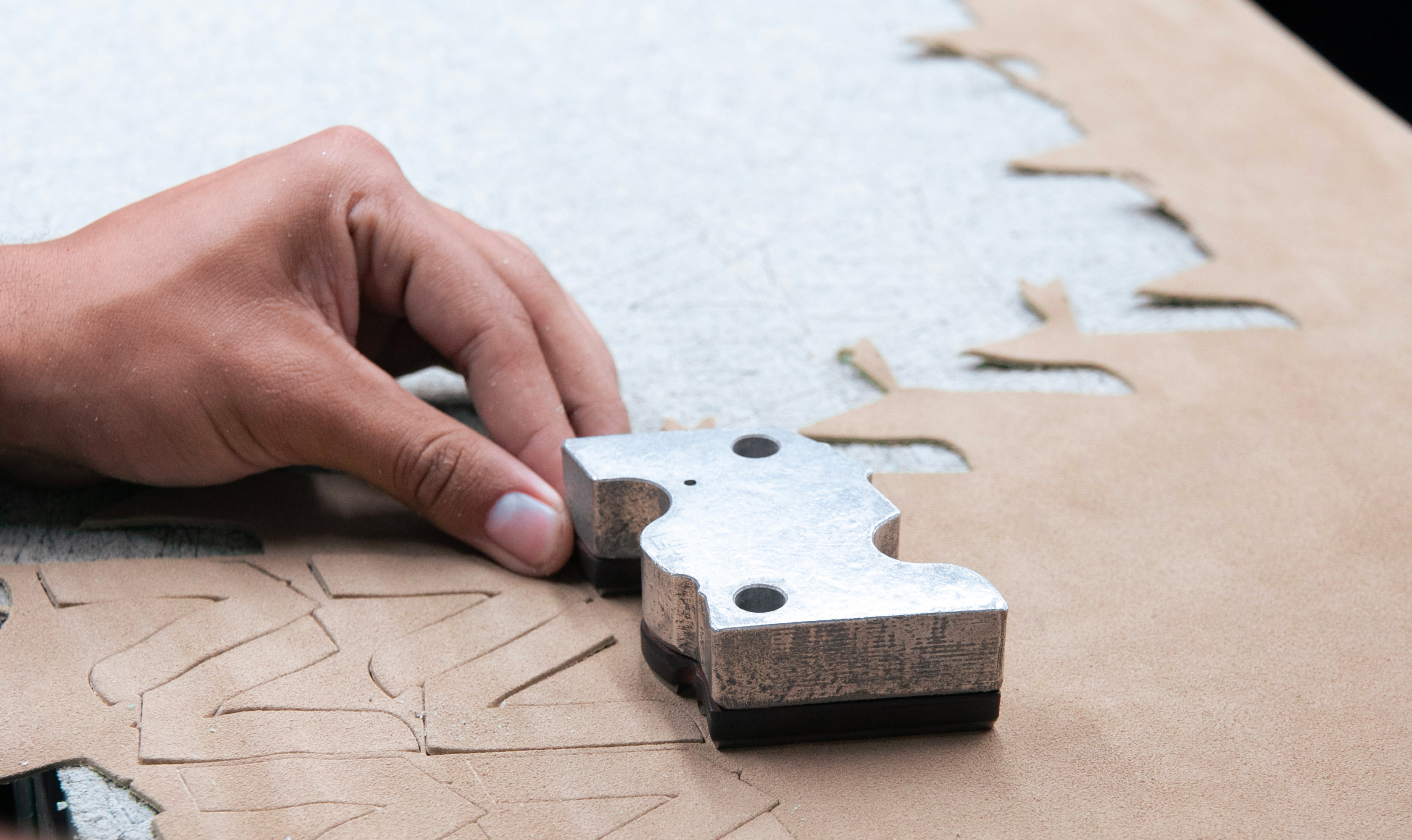
Production
Producing sneakers differently
Since VEJA was created, our sneakers have always been made in the same place: Brazil.
We produce sneakers both in the Northeast and the Southern of Brazil.
Over time, a true partnership grew between the brand and the production plant.
At the heart of the project
In the clothing and fashion industries, factories are often at the center of global economic issues, with unsafe working conditions, low wages, and little regard for the environment.
After meeting the family of producers for cotton and rubber, VEJA decided to manufacture in Brazil, where strong industries and social value come together.
Workers are well-compensated and live in normal conditions.
Nothing to do with Southeast Asian countries which manufacture 95% of the world's sneakers.
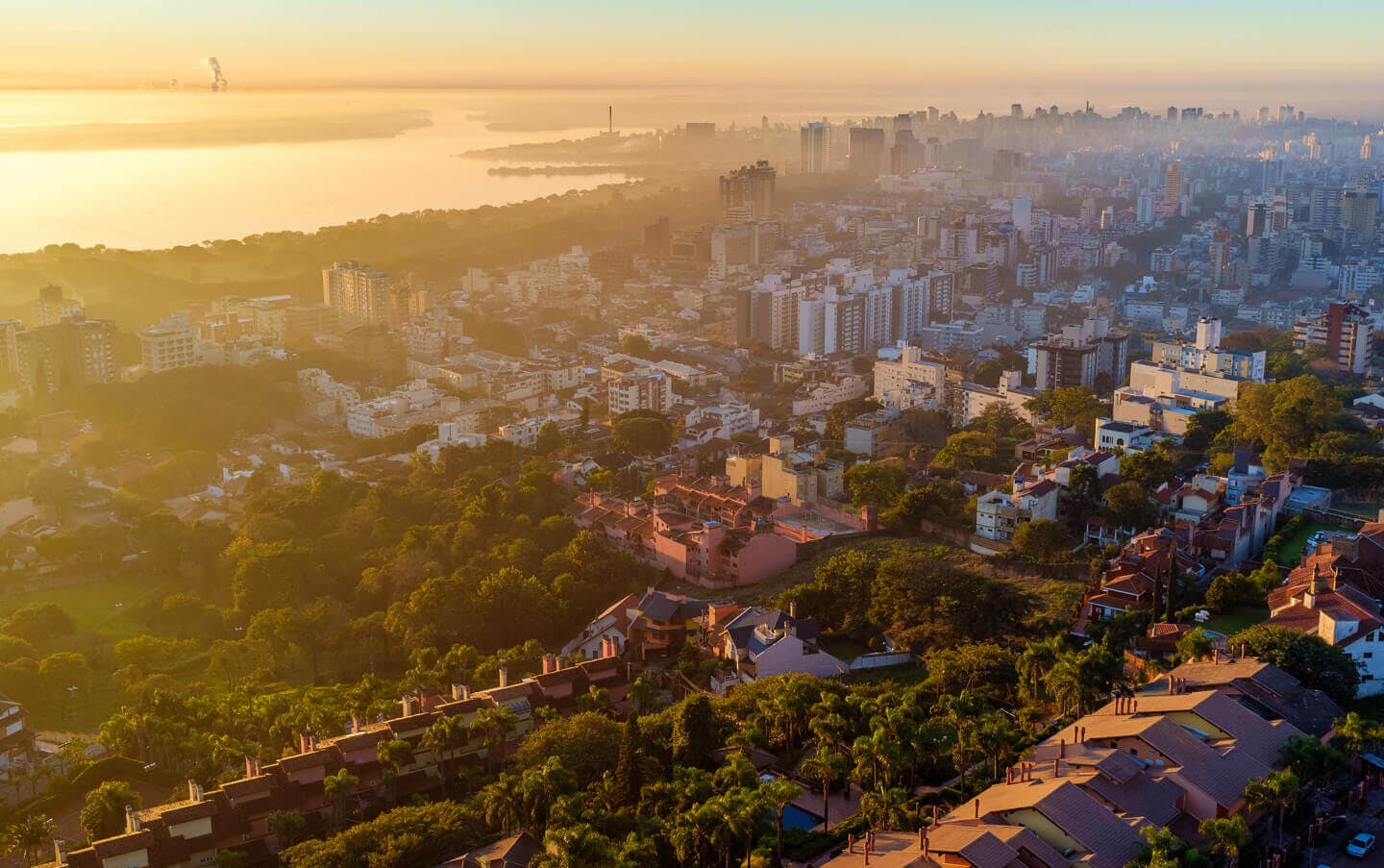
Porto Alegre
Porto Alegre © Photo Felipe Valduga
VEJA produces its sneakers in factories and workshops that respect ILO* rules.
To ensure that the work meets VEJA's standards, there are additional criteria that must be met, such as:
- Proximity and quality of housing
- The freedom to form groups to defend their rights
- Living standards and fair pay
- Employee benefits and freedom of expression
*ILO standards ensure fair and safe working conditions in factories worldwide.
About 12% of them are part of a union. Factory employees enjoy 4 weeks of paid vacation per year, work 44 hours per week with regulated schedules, and have two days off each week.
One of the sneaker factories we've been working with since 2005 has 100% of its employees living close by, and it also offers a shared bus service. They all have proper housing with electricity and water, which is not owned by the factory.
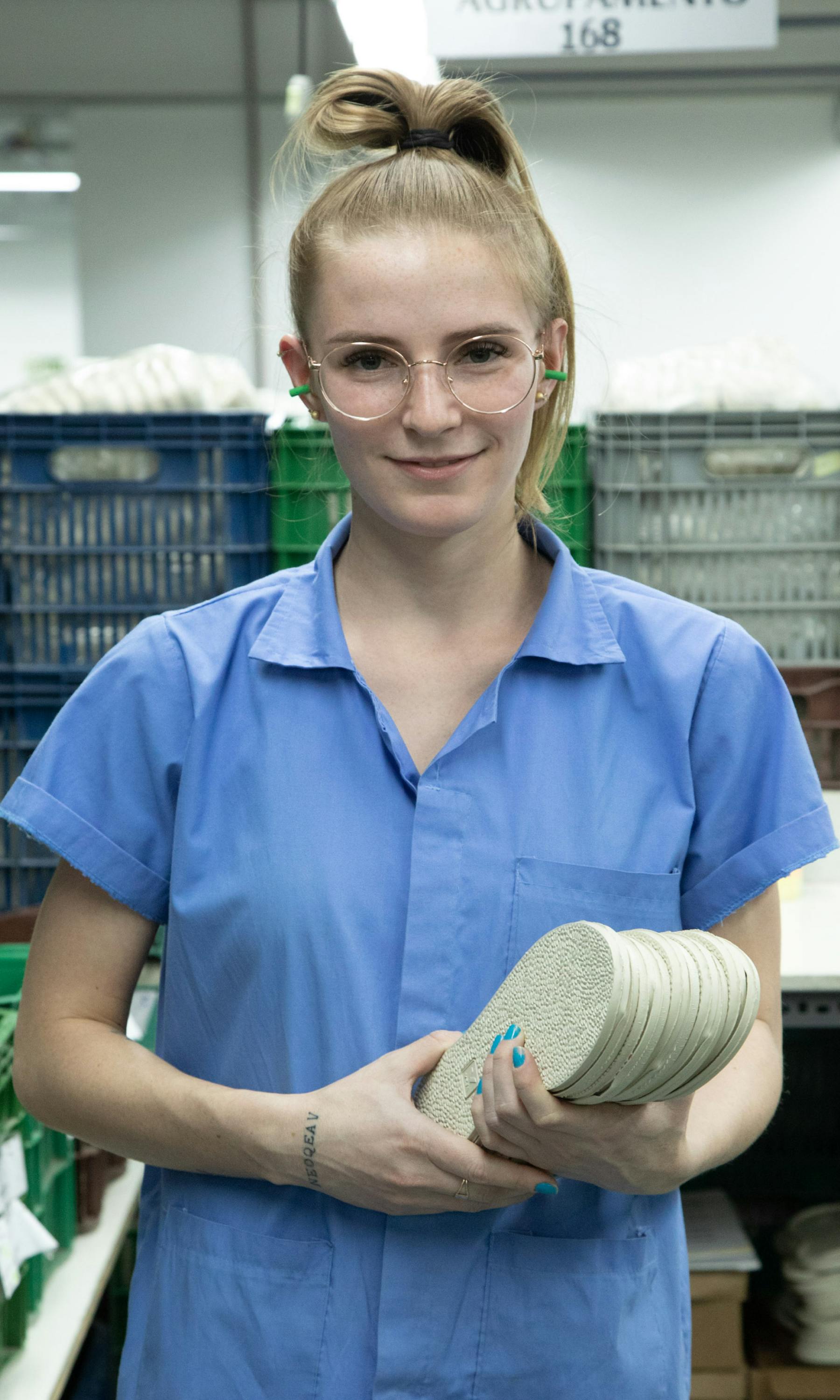
Production line employee
Porto Alegre, 2021
© Studio VEJA

VEJA factory
©Vincent Desailly
Each employee puts aside a bit of their salary, around 7 to 11%, for INSS, a government retirement plan. They also contribute 8% to FGTS, which acts like a pension fund.
This fund is there to cover compensation if the employee's job ends without a good reason.
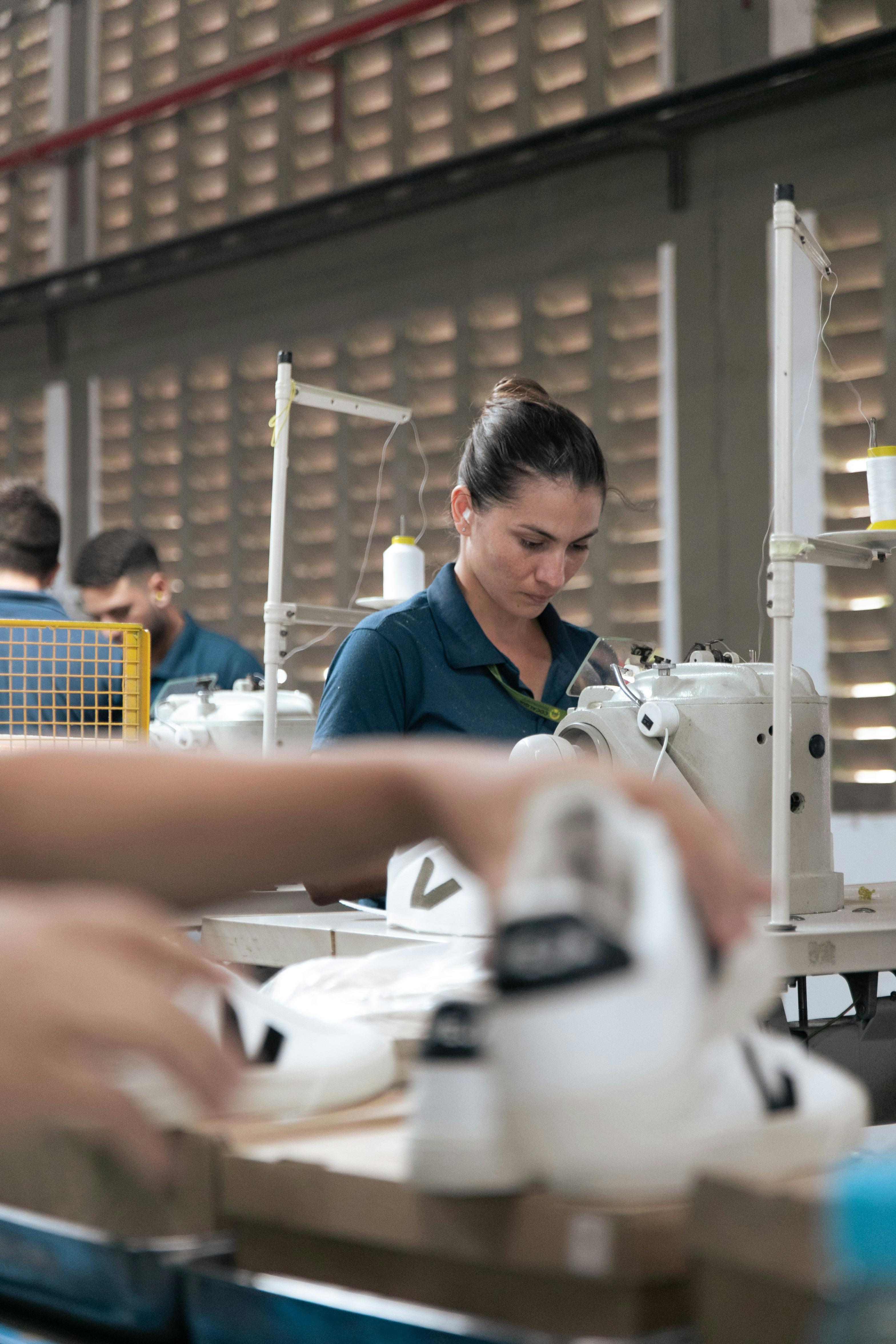
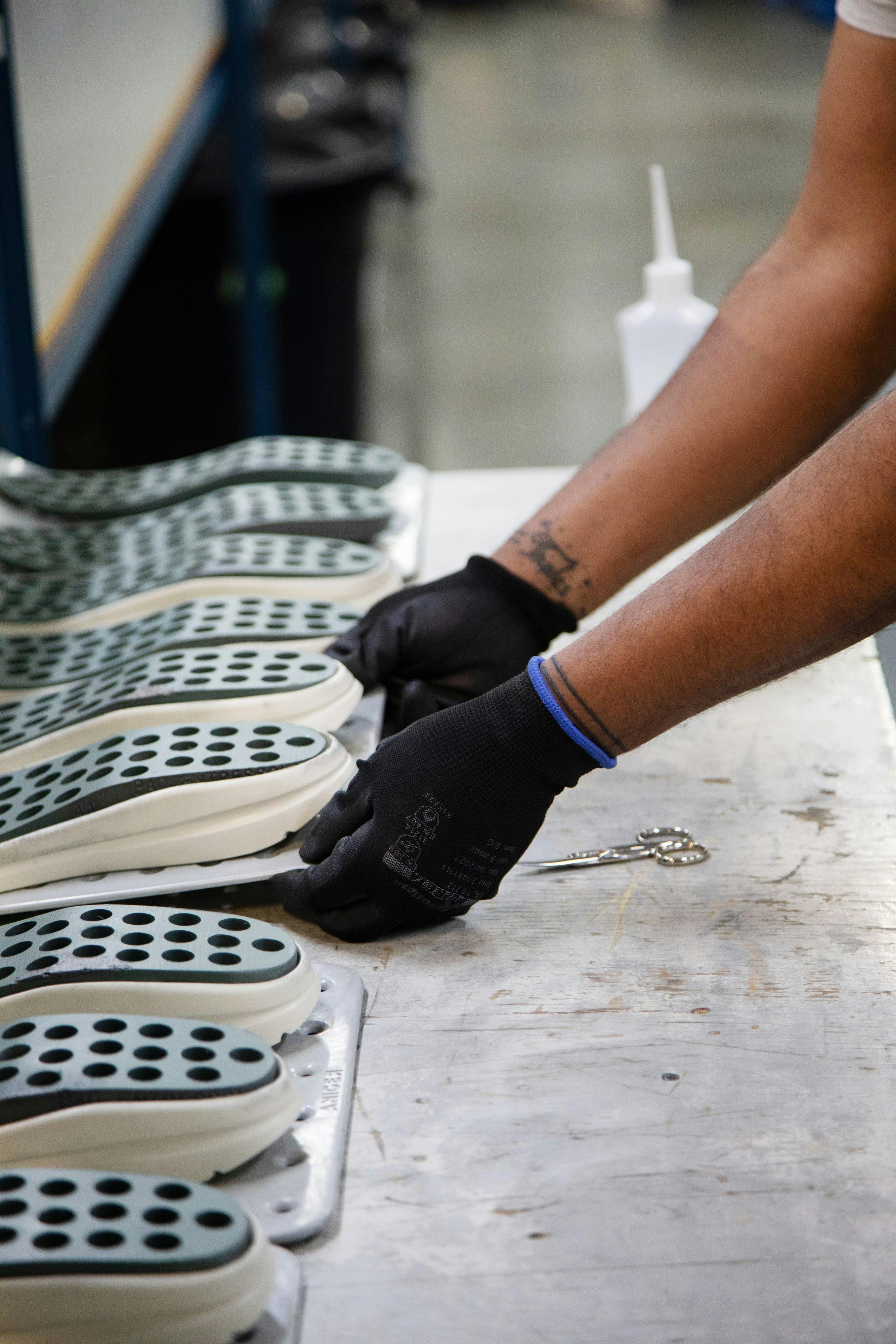
Vulcanized soles
© Studio VEJA
During all these years, we've established a sustainable supply chain, like organic cotton sourced from Brazil and Peru, or wild rubber harvested from the Amazon Rainforest.
We decided it was time for us to develop a second supply chain, equally responsible at every step of the production chain.
Always striving to do better
VEJA encourages suppliers to be more transparent.
We require the manufacturing plant to perform recurring social audits and chemical tests.
Every year, we perform a social audit to make sure our factories respect our values and meet our criteria, and to identify the areas where we could still improve and do better.
Following this audit, a corrective action plan is submitted to rectify the few points that still need improving.
VEJA follows ethical and sustainable practices. Our supply chain is transparent, fair, and free from exploitation. We oppose forced labor, promoting a workplace that respects human rights and dignity at every stage of production.
Each of our partners agrees to follow VEJA's quality guidelines.
VEJA has worked with the same factory since the beginning.
As the project grew and we introduced our running line, we needed to partner with more factories.
Around 25% of the production is now delivered by a factory we started working with in 2018.
For our running line, we began collaborating with two new factories in 2019 and 2020.
We formed natural partnerships with them and introduced new on-site technologies to improve quality and services.
All VEJA factories are in Brazil, which has strict labor laws for workers.
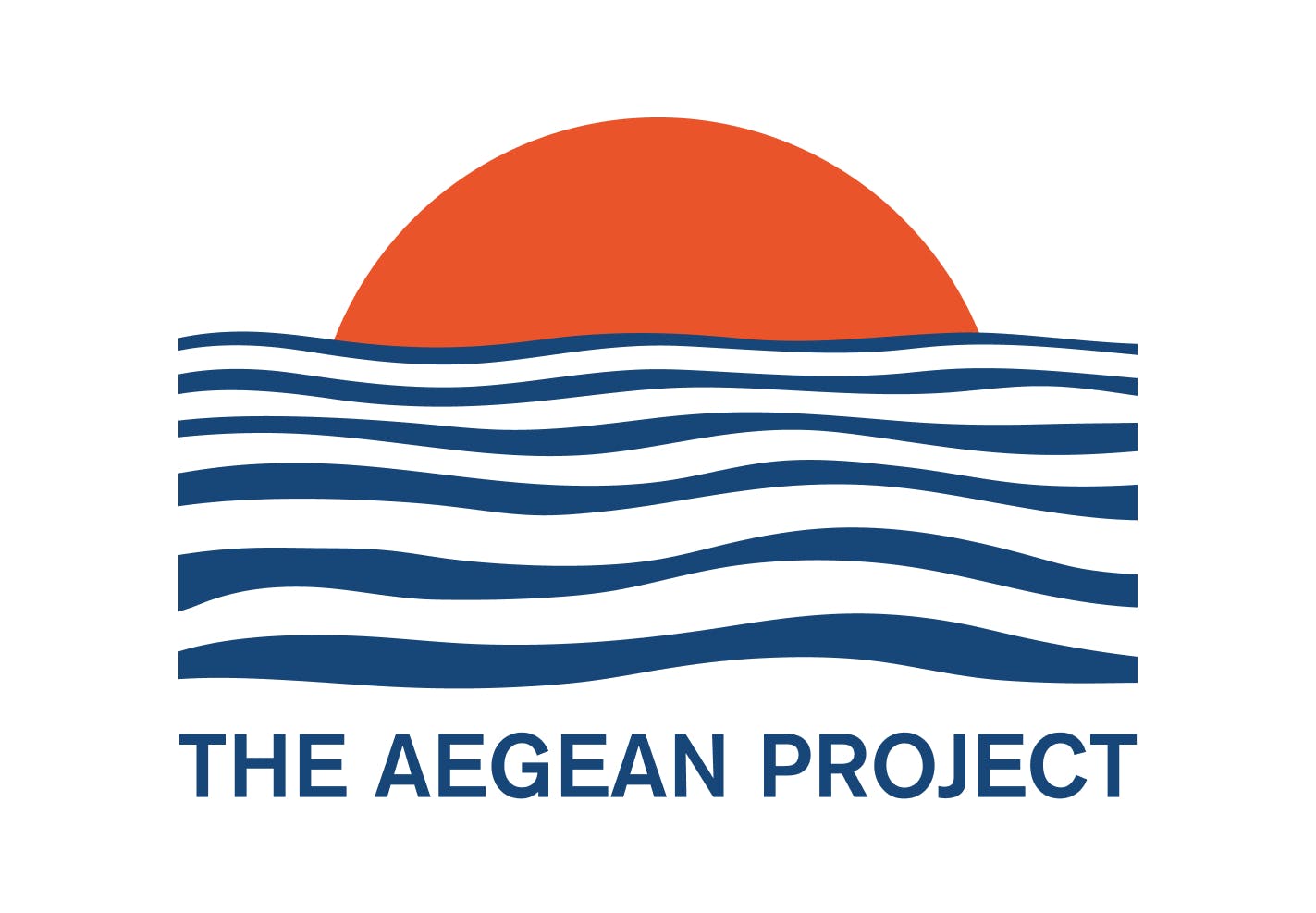
Made In Europe, Sold in Europe
In 2023, we secretly launched production in Europe, and we’ve already produced over 100 000 pairs in Portugal without communicating it to anybody.
The aim of The Aegean Project is to manufacture sneakers specifically for the EU market, with production taking place locally in Portugal.
During one year, we develop a new supply chain that is all about making sneakers for Europe.
We looked for a country with fair working conditions like the ones in Brazil, where workers' rights are respected.
With The Aegean Project, VEJA is taking steps towards a more sustainable and responsible future for sneakers in Europe.
VEJA partners with a factory in Portugal where employees work a standard 40-hour week. Monthly salaries average €1300.
The factory prioritizes worker well-being with training on safety, health, and environmental concerns, along with social protection, anti-harassment measures, anti-corruption initiatives, and safe handling of harmful substances.
©Vincent Desailly
Sneaker packaging
Since 2005, we have been producing cardboard boxes with natural kraft cardboard. We limit the use of inks and printing to reduce their impact and ensure their recyclability.
Today, all VEJA shoeboxes are Forest Stewardship Council (FSC™) certified, sourced from responsibly managed forests that provide environmental, social, and economic benefits.
The Forest Stewardship Council (FSC™) label ensures that the forest is managed in a way that preserves diversity, benefits local communities and workers, and ensures economic viability.
VEJA has 12 different box sizes to avoid overconsumption of resources. We are actively seeking more sustainable options for 100% plastic-free packaging.

VEJA packaging
©Vincent Desailly


